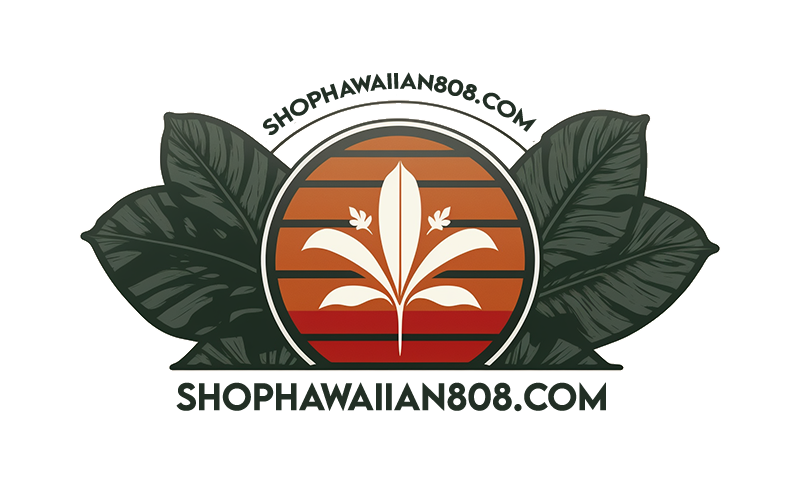As pet owners, we always want the best for our furry companions. We ensure that they get the right nutrition, provide them with proper exercise, and give them all the love and care they deserve. However, sometimes our good intentions can be unintentionally harmful, especially when it comes to food. There are certain human foods that are toxic to pets and can cause serious health issues or even be fatal.
Here are some common foods that are toxic to your pet:
Chocolate: Chocolate contains a chemical called theobromine that is harmful to dogs and cats. The darker the chocolate, the more theobromine it contains, making it more dangerous. Symptoms of chocolate toxicity include vomiting, diarrhea, hyperactivity, tremors, seizures, and in severe cases, heart failure.
Grapes and raisins: These fruits can cause kidney failure in dogs. Even a small amount can be toxic, so it’s best to keep them out of reach. Symptoms of grape or raisin toxicity include vomiting, diarrhea, lethargy, and decreased appetite.
Onions and garlic: These foods contain substances that might cause anemia in pets by damaging red blood cells. Symptoms of onion or garlic toxicity include weakness, lethargy, vomiting, diarrhea, and pale gums.
Xylitol: This is a sugar substitute that is widely used in sugar-free gum, confectionery, and other items. It can cause a rapid insulin release in dogs, leading to hypoglycemia (low blood sugar), seizures, and liver failure.
Alcohol: Just like humans, pets can also get intoxicated from alcohol. Even a small amount of alcohol can be dangerous for pets and can lead to vomiting, diarrhea, difficulty breathing, tremors, coma, and in severe cases, death.
Avocado: This fruit contains persin, a toxin that can cause vomiting and diarrhea in dogs and cats. Additionally, the avocado pit can cause an obstruction in the digestive tract, which may require surgery to remove.
Macadamia nuts: These nuts contain a toxin that can cause vomiting, hyperthermia (elevated body temperature), tremors, and lethargy in dogs.
Bones: While it’s natural to want to give your dog a bone to chew on, it’s important to choose the right type of bone. Cooked bones can splinter and cause internal injuries, while small bones can cause choking. It’s best to choose raw bones or specially designed dog chews that are safe for your pet to chew on.
In addition to the above list, there are many other foods that can be toxic to pets, including dairy products, fatty foods, and certain fruits and vegetables. As a general rule, it’s best to stick to a balanced and nutritionally complete diet specifically formulated for your pet’s needs.
If you worry your pet has consumed something harmful, seek veterinary attention right once. The sooner the treatment, the better the chance of a successful recovery. If possible, bring the packaging of the ingested item or a sample of the food to the veterinarian, as this will help them determine the best course of action.
Conclusion
In conclusion, as pet owners, it’s our responsibility to keep our pets safe from harm. Knowing which foods are toxic to our pets and taking steps to prevent them from accessing these foods can go a long way in ensuring their health and well-being. By providing a balanced and nutritionally complete diet and avoiding toxic foods, we can help our pets live long and happy lives.

